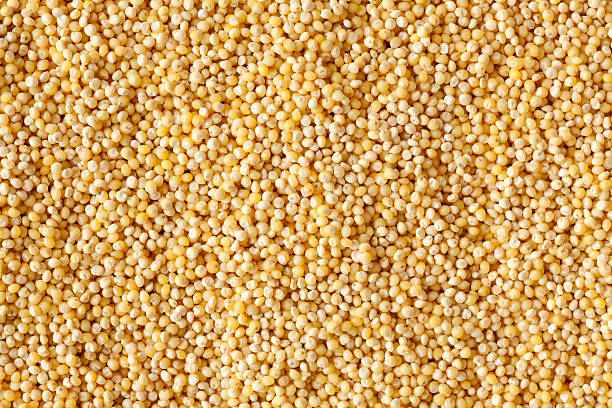May help control blood sugar levels

Millets are high in fiber and non-starchy polysaccharides, two forms of indigestible carbohydrates that aid in blood sugar regulation. This cereal also has a low glycemic index (GI), which means it is unlikely to cause blood sugar spikes. As a result, millets are regarded as an optimal grain for diabetics. For example, a study of 105 persons with type 2 diabetes discovered that switching from a rice-based breakfast to a millet-based breakfast reduced blood sugar levels after the meal.
A 12-week trial of 64 persons with prediabetes yielded comparable outcomes. They saw a small drop in fasting and post-meal blood sugar levels, as well as a decrease in insulin resistance, after ingesting 1/3 cup (50 grams) of foxtail millet each day. Insulin resistance is a risk factor for developing type 2 diabetes. It happens when your body quits reacting to the hormone insulin, which aids with blood sugar regulation. Furthermore, in a 6-week trial of diabetic rats, a meal containing 20% finger millet resulted in decreased fasting blood sugar levels as well as lower triglyceride and cholesterol levels.






